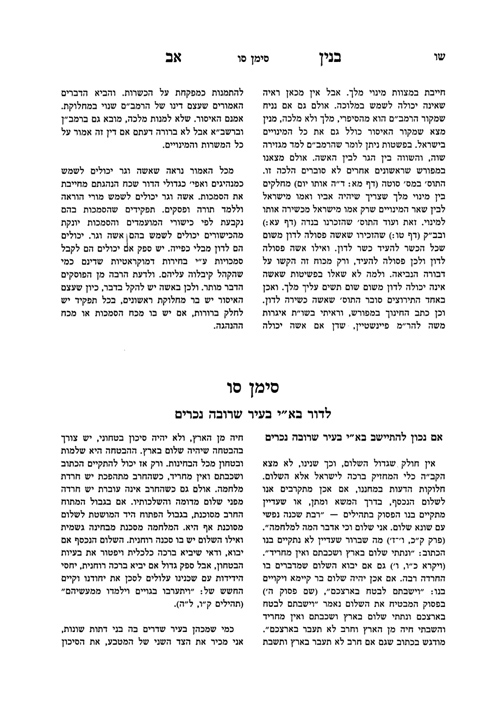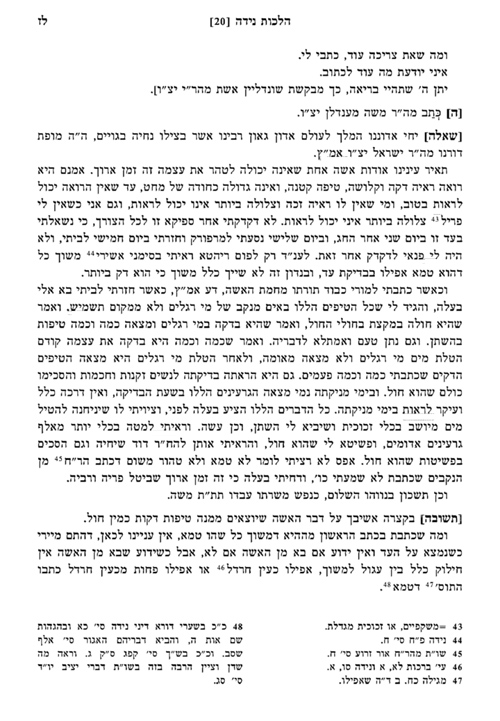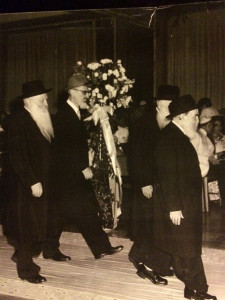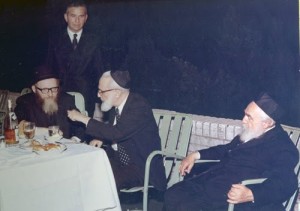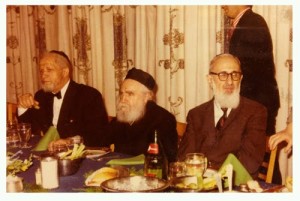It’s very easy to call the goyim bigoted, but what about Jewish leaders? Should they have to pass the sort of purity test that Jewish organizations apply to goyisha leaders?
From Haaretz:
Many American Jews are angered at the prospect of Donald Trump addressing the AIPAC policy conference in Washington this coming week and are promising to abstain from attending, walk out of the hall or protest his presence in other ways.
“Throughout his campaign Trump has made statements that have been bigoted, racist, misogynistic, and Islamophobic – some could argue even statements that were anti-Semitic,” wrote Rabbi Jesse Olitzky, representing a group of professionals and clergy which calls itself Come Together Against Hate.
“If we sit around and do nothing, even if we sit in silence, that shows complacency and that, by default, we agree with what he says,” Olitzky wrote. “It is imperative to me as a communal leader, and to all Jews there who are going, that we stand up to his demagoguery.”
Which would make perfect sense, were it not for the fact that the American community, both as individuals and as communal leaders, has been sitting in silence and showing complacency in the face of demagoguery and racism for years already, without feeling the need to stand up and do something about it.
AIPAC, that bastion of Jewish values, has gone even further. Rather than sitting in complacent silence, it has given repeated and resounding standing ovations, year after year, to Benjamin Netanyahu and other Israeli demagogues and racists, who not only talk the talk – as Trump has done so far – but walk the walk, as well…
What perversion allows American Jews – or the majority of them, it would seem – to regard Donald Trump as the antithesis of their Jewish values and Benjamin Netanyahu as their exemplar? What cognitive bypass enables them to recognize the potential fascism of Trump, but not the existing tyranny of Israel’s rule over the Palestinians, under the decade-long leadership of Netanyahu?
Trump’s values, according to Rabbi Olitzky of Come Together Against Hate, “are not the values of the Jewish community. They are not the values of our founders’ vision of an America where all citizens are ‘endowed by their Creator with certain unalienable rights.’”
Does that mean that those unlucky enough to be born outside America weren’t endowed by the creator with unalienable rights? Does it mean that Jews in America, basking in the glory of their founders’ vision, need not be concerned when Jews in Israel deny others those same unalienable rights?
While Trump is addressing AIPAC in Washington, according to Olitzky, the members of Come Together Against Hate will be “gathering and learning Torah. We will be learning about sinat chinam (senseless hatred) and derech eretz (common decency).”
Touching. As if those righteous Jews have never heard of the sinat chinam practised by their fellow Jews in Israel or of the current state of siege that Netanyahu and his lieutenants have imposed on Israeli derech eretz. With Trumpism flourishing in the state of the Jewish people, the absurdity of studying Bible in order to ward off the evil billionaire is awe-inspiring.
Netanyahu himself has declined AIPAC’s invitation to address the conference in person, explaining first that he hadn’t been invited to meet with President Barack Obama while in Washington (a lie, according to the White House) and then that such an appearance would not be proper at the height of the American election campaign.
Coming from the man who thought it appropriate to address Congress at the height of the struggle over the Iran nuclear agreement, Netanyahu’s explanation exudes the sort of hypocrisy that AIPAC appreciates. Olitzky and his Come Together friends may be well-meaning, but they are no less hypocritical.
Still, it’s a pity. Having both Trump and Netanyahu address the assembled ranks of Israel’s apologists at AIPAC would be a fitting tribute to an organization dedicated to dishonesty and myopia. It would cast American Jewish values in their true and unambiguous light – a value system that exempts Israel from every value it purports to hold dear.
It is entirely fitting to have Trump attend the AIPAC congress, while Bernie Sanders stays away. The Democratic candidate may have been invited out of obligation, but his honesty, decency and barely-concealed skepticism about Israel are not welcome at AIPAC. The pomposity and bluster of the Trump-Netanyahu duo are a much better fit.

